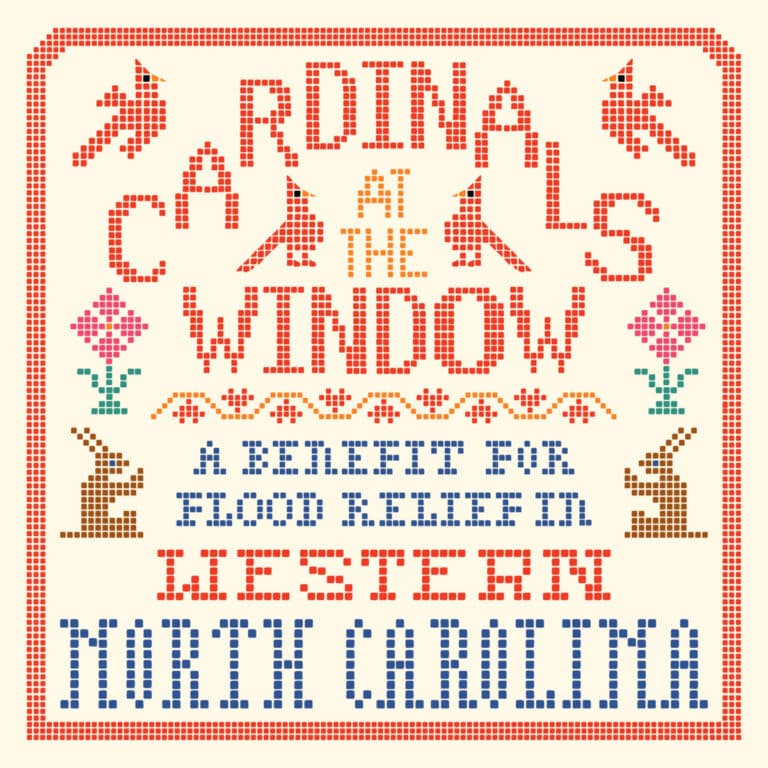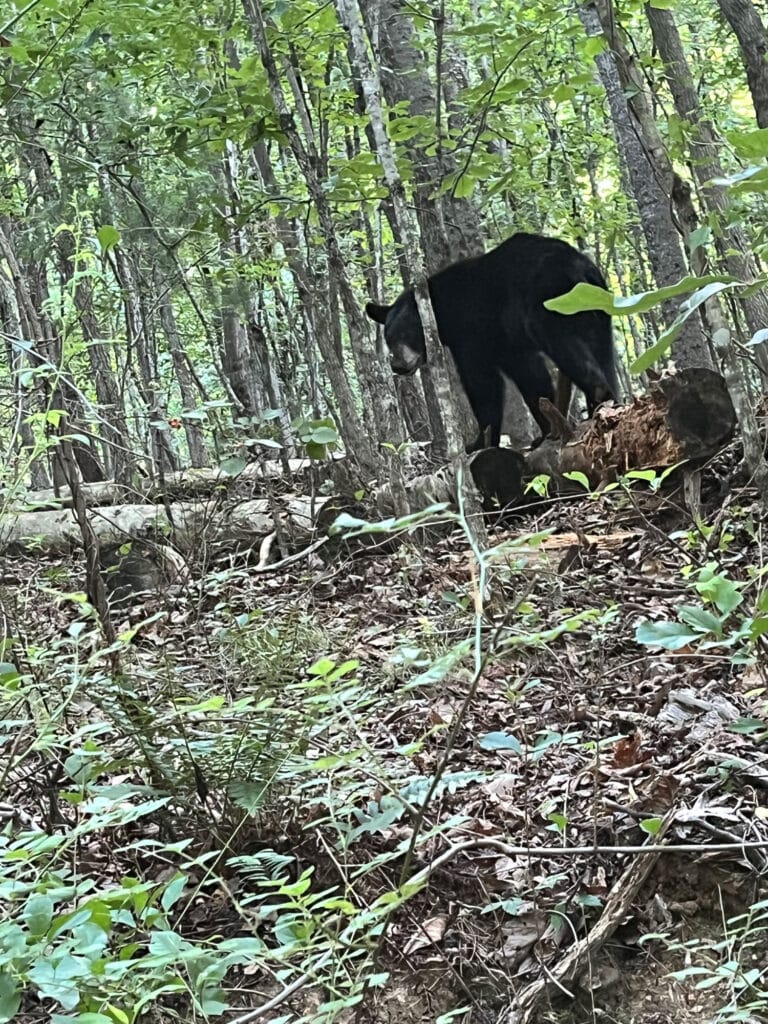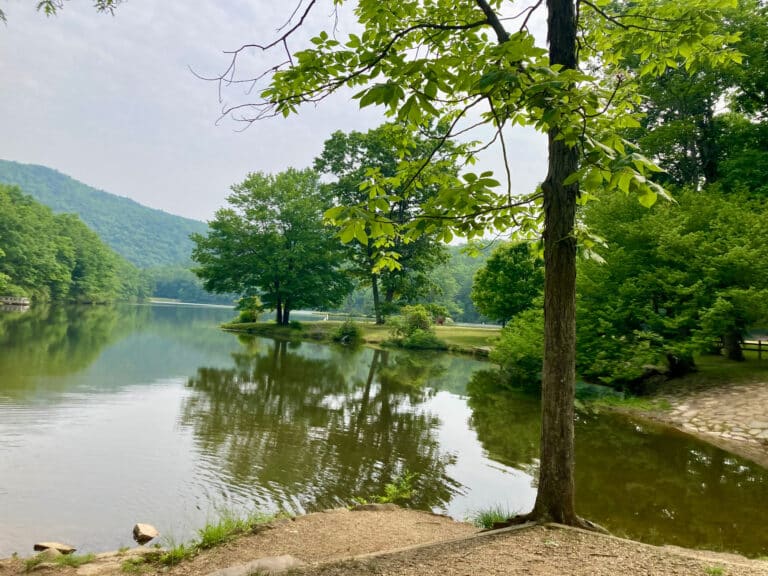BRO’s Paper Selection Not So Green
I applaud Blue Ridge Outdoors for its recent Green Issue, but I’m disappointed that your publication doesn’t walk the talk when it comes to recycling. According to the Paper Campaign, Blue Ridge Outdoors does not use paper with post-consumer recycled content (despite your misleading symbol on the Table of Contents). Sure, all newsprint is recyclable, but your newsprint doesn't use recycled material in its paper; instead, your paper likely comes from virgin forests and old-growth trees. While you promote forest protection in your stories, you undermine it with your poor paper choices. Put your money where your mouth is and use recycled paper-and remove that recycling logo from your pages until you’ve earned it.
<em>Chris Posner, Asheville, N.C.</em>
Greenest Sport Goes Too Far
In July’s “Greenest Sport” feature, you suggest naked running…are we cave men again? In order to stay “green,” it seems as if we have to resort to floating on a log down a river, and the log had better not be cut down with a chainsaw because that is not “green.” I do my best at keeping our environment healthy and clean, but sometimes people can get carried away with our expectations of being “green.” Mountain biking, canoeing, and climbing are all healthy, natural sports that don’t pollute the environment with exhaust fumes.
<em>Shelley Wooldridge, Mineral, Va.</em>
Heads Up at Little Stony Falls
Paddler Steve Ruth describes Little Stony Falls in southwest Virginia as “a no-brainer. You can fall off this drop and be fine.” This statement is grossly misleading. A close friend of mine broke his back kayaking off this “no-brainer” waterfall, which tumbles onto a hidden shelf that extends into the pool below the falls. To claim that any waterfall is a “no-brainer” without emphasizing the skills required to run it safely simply makes kayaking more hazardous. While guidebooks and magazines showcase the newest and hardest runs in our area, they also have a responsibility to convey the complete picture of the risk involved. It’s a no-brainer.
<em>Paul Bartholic, 2005 U.S. Freestyle National Team</em>
Green Mageover Kudos
Brian Sarzynski’s “Green Makeover” was both inspiring and entertaining. He managed to describe eco-conscious living without sounding preachy or heavyhanded, and his self-deprecating humor enabled readers to identify with him. In short, he came across as a real person, struggling with real issues about our everyday environmental impact. I wish that he would have explored dietary choices like vegetarianism (which dramatically decreases one’s environmental footprint). Regardless, this is a story I’ve clipped and plan on showing friends and family.
<em>Sasha Greenspan, Atlanta, Ga.</em>
Glacier Guffaw
You claim in “Nature at Its Best” that Cranberry Glades in West Virginia was formed by glaciers. There is no evidence of glaciation (kettle, moraines, till, etc.) south of Beaver Falls, Pennsylvania. It’s true that climate was drastically influenced by the Ice Age, and the plants near Dolly Sods and Cranberry Glades resemble Canadian species. But the actual glaciers never reached into West Virginia.
<em>Matt Richardson, Morgantown, W.Va.</em>
The Nuclear Option
Your environmental issues list failed to mention nuclear waste. Radioactive waste is already being transported on our interstates through major cities. With the Savannah River Site and Oak Ridge Facility here, and with more nuclear power plants proposed, the Southeast is one of the country's most dangerous nuclear regions. Nuclear catastrophe will render all other environmental concerns obsolete.
<em>Don Reed, Knoxville, Tenn. </em>
Keeping Secrets
“Nature At Its Best” highlighted some of my favorite hiking areas-including a few secret spots that I’d hoped would stay under the radar. Why would you expose an off-the-map oasis like Cape Romain to the masses?
<em>Thomas Pullaro, Knoxville, Tenn.</em>
Too Little, Too Late
Your green living suggestions will help most Americans feel a tad better about themselves, but it's going to take more than switching light bulbs to stabilize the earth's life-support systems. Our global economy needs a global political body-like the U.N.-to protect the shared resources of our planet. And we Americans must curb a reckless overconsumption habit dependent on sweatshop labor and environmental atrocities overseas.
<em>Leslie Alhanati, Charlotte, N.C.</em>
<em>
Submit letters to [email protected] or mail them to 44 Merrimon Avenue Suite 3A, Asheville, NC 28801.</em>







